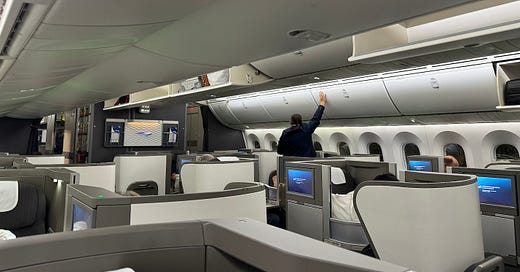Four reasons why airline commercial departments will struggle with AI
Experience handling previous technical revolutions is unlikely to help in aviation
Think of airlines adopting new technologies and the history is one of success. Planes fly further, engines burn less fuel and passengers slumber in comfy flying beds.
Commercially, airlines have used technology successfully too. Reservations and ticketing were computerised back in the 1960s. Complex fare products were introduced in the 70s. Inventory man…



